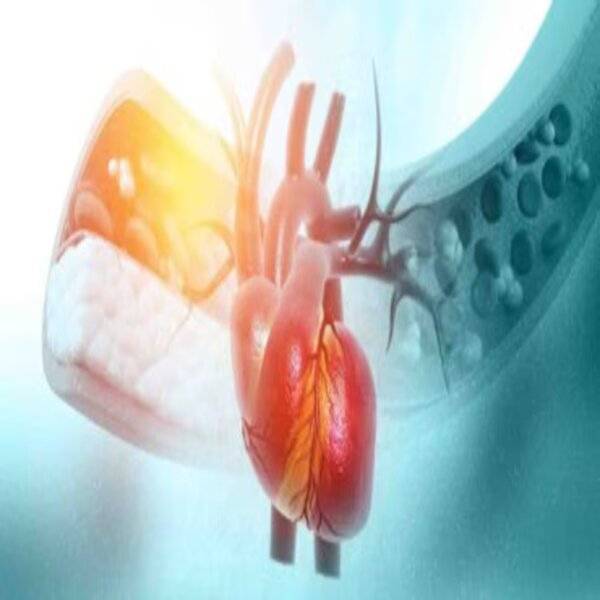Control your cholesterol to keep your heart healthy.
Heart disease can be caused by high cholesterol. It can cause heart attacks, strokes, and peripheral artery disease because fatty deposits in blood vessels make it difficult for enough blood to circulate through them. Low consumption of foods high in fiber, smoking, consuming unhealthy fats, being obese, and not exercising can all raise cholesterol levels. Maintaining cholesterol levels as prescribed by a physician is necessary. Here are some natural approaches to reducing your cholesterol levels.
How can cholesterol levels be naturally controlled?
You may find that these suggestions will help you lower your elevated cholesterol levels.
1. Always work out
Did you know that regular exercise can help you maintain healthy cholesterol levels? It should go without saying that exercise raises HDL, or high-density lipoprotein, the "good" cholesterol. You are free to engage in whatever exercise you choose for at least half an hour, five days a week, including weight training, Pilates, running, swimming, yoga, and jogging.
Here's a natural way to manage cholesterol levels.
2. Give up smoking.
It is also known that smoking might elevate LDL (bad cholesterol) levels in the body. Additionally, giving up smoking can lower a person's risk of heart disease. It is preferable to choose smoking cessation treatment with a physician's assistance.
3. Keep your weight at its ideal level.
Obesity and excess weight can cause abnormal cholesterol readings. Losing excess weight has been shown in several studies to lower cholesterol. By decreasing the liver's ability to create new cholesterol, weight loss helps to reduce total cholesterol. Losing weight also helps to raise HDL (good cholesterol) and reduce LDL (bad cholesterol).
4. Consume a nutritious diet.
Consume fresh produce, whole grains, pulses, lentils, seeds, and nuts as part of a well-balanced diet. Avoid foods that are junk, spicy, greasy, canned, or processed. Consume citrus fruits that are high in pectin, a soluble fiber that reduces LDL. Additionally, eating foods high in omega-3 fatty acids can help. In addition to lowering blood triglycerides, omega-3 fatty acids also protect the heart by delaying the development of irregular cardiac rhythms. Say goodbye to colas, sodas, baked goods, candies, desserts, and namkeens. Make sure your diet has adequate protein. Make an effort to consume adequate water to help the body rid itself of pollutants.
Consume a nutritious diet to raise your cholesterol levels.
5. Give up alcohol
Overindulging in alcohol consumption can lead to major health issues such as high blood pressure, heart failure, and stroke. Adopting a healthy lifestyle is better. Alcohol use, even in tiny quantities, can impair cardiovascular health, according to research. Everyone agrees that excessive alcohol use harms the liver and increases the possibility of dependency, but it is unclear if alcohol can lessen the risk of heart disease. Moderate use of alcohol is recommended to optimize its possible cardiovascular advantages.



No comments yet
Be the first to share your thoughts!